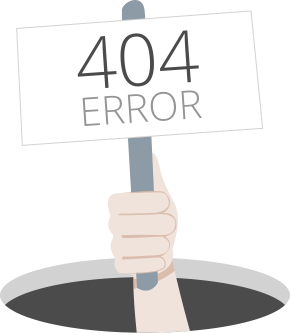- Trading
- Markets
- News
- Analysis
- Trading Tools
- Blog
Popular Articles
Carroll County, New Hampshire, Might Be the Northeast's Most Peaceful Retirement Escape
1772409300
USD/CHF holds gains near 0.7700 amid Middle East tensions
1772409113
Palantir Billionaire Peter Thiel Just Made a Shocking Move, Delivering a $74 Million Warning to Wall Street. Should You Listen?
1772407800
Popular Articles
Popular Articles
Popular Articles
Carroll County, New Hampshire, Might Be the Northeast's Most Peaceful Retirement Escape
1772409300
Palantir Billionaire Peter Thiel Just Made a Shocking Move, Delivering a $74 Million Warning to Wall Street. Should You Listen?
1772407800
Too Many People Misunderstand This Key Detail About the New Senior Tax Deduction
1772407200
Popular Articles
Popular Articles
Popular Articles
Popular Analysis
Popular Analysis
Popular Analysis
Popular Analysis
Popular Analysis
Popular Analysis
Top Blog Posts
Top Blog Posts
Top Blog Posts
Top Blog Posts
Beginners
Mitrade Insights is dedicated to providing investors with rich, timely and most valuable financial information to help investors grasp the market situation and find timely trading opportunities.
2021
Best News & Analysis Provider
FxDailyInfo
2022
Best Forex Educational Resources Global
International Business Magazine




